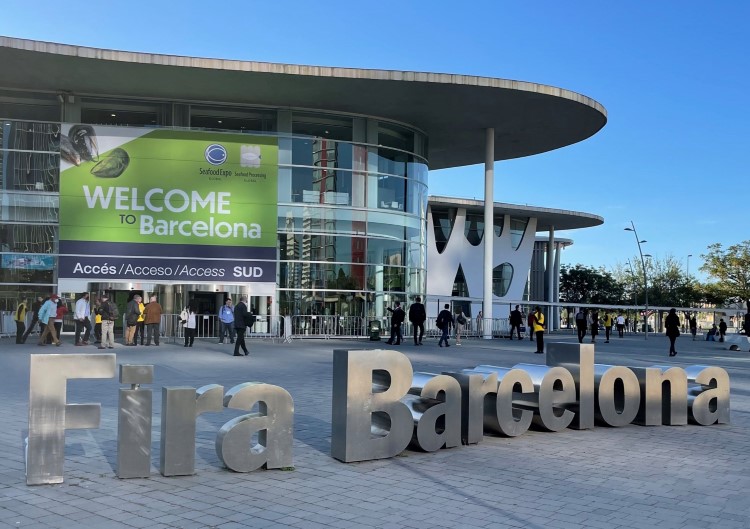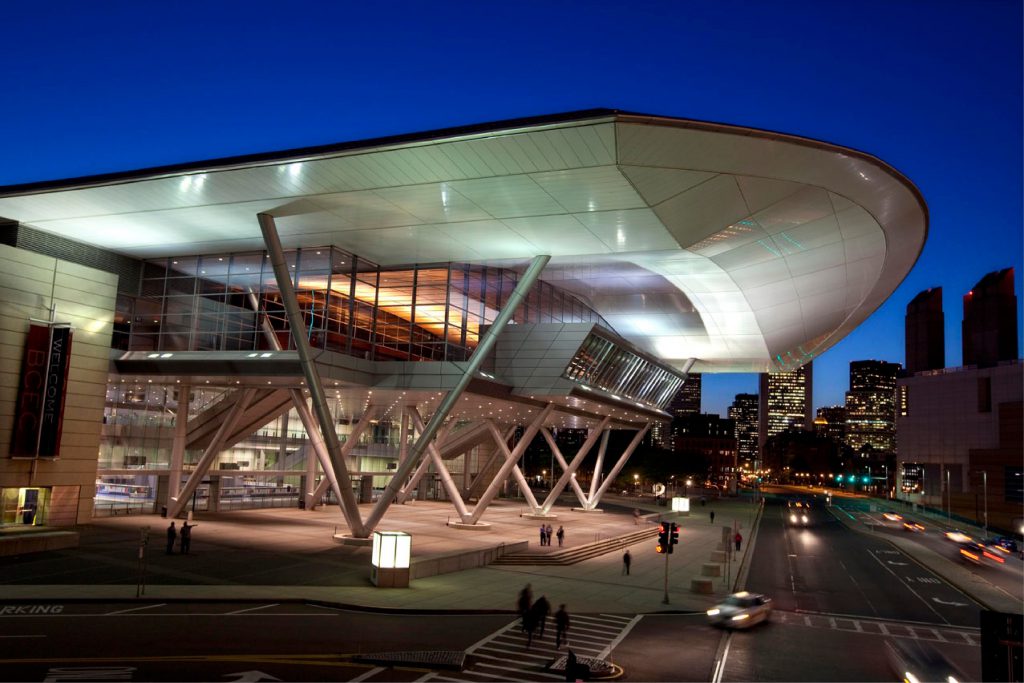Newfoundland Mussel Processing Plant Earns BAP Certification
April, 2014
Green Seafoods Ltd.’s mussel processing plant in Newfoundland, Canada, has earned Best Aquaculture Practices (BAP) certification, the Global Aquaculture Alliance announced in early April.
 Located in Winterton, on Trinity Bay in southeastern Newfoundland, the facility attained BAP certification on March 31. The facility is a primary and secondary mussel processing plant, producing a wide range of value-added ready-to-eat blue mussel products. It is the first mussel processing plant that does both primary and secondary processing to earn BAP certification.
Located in Winterton, on Trinity Bay in southeastern Newfoundland, the facility attained BAP certification on March 31. The facility is a primary and secondary mussel processing plant, producing a wide range of value-added ready-to-eat blue mussel products. It is the first mussel processing plant that does both primary and secondary processing to earn BAP certification.
The company’s cooked frozen mussels are marketed to retail and foodservice customers worldwide under the Green Seafoods Ltd., High Liner Foods Inc., Ocean Jewel and other brands.
In addition to BAP certification, Green Seafoods has also received Canadian Organic Certification for its mussel products.
“We are proud to have our company’s commitment to processing quality seafood recognized by receiving these BAP and organic certifications. And we are delighted to be the very first secondary mussel processing plant to receive BAP certification worldwide,” said Jennifer Green-Sheppard, VP of marketing of Greens Seafoods. “When producing retail ready-to-eat secondary products, customers need to see your ongoing commitment to food safety and environmental responsibility, which these certifications provide. The support of Newfoundland Aquaculture Industry Association and the provincial government was greatly appreciated in achieving certification.”
Green Seafoods has been owned and operated by the Green family for more than 100 years. Four generations of the family have been dedicated to producing high quality seafood, beginning with Edgar J. Green in 1905.
About BAP
Best Aquaculture Practices is an international certification program based on achievable, science-based and continuously improved performance standards for the entire aquaculture supply chain — farms, hatcheries, processing plants and feed mills — that assure healthful foods produced through environmentally and socially responsible means. BAP certification is based on independent audits that evaluate compliance with the BAP standards developed by the Global Aquaculture Alliance.



